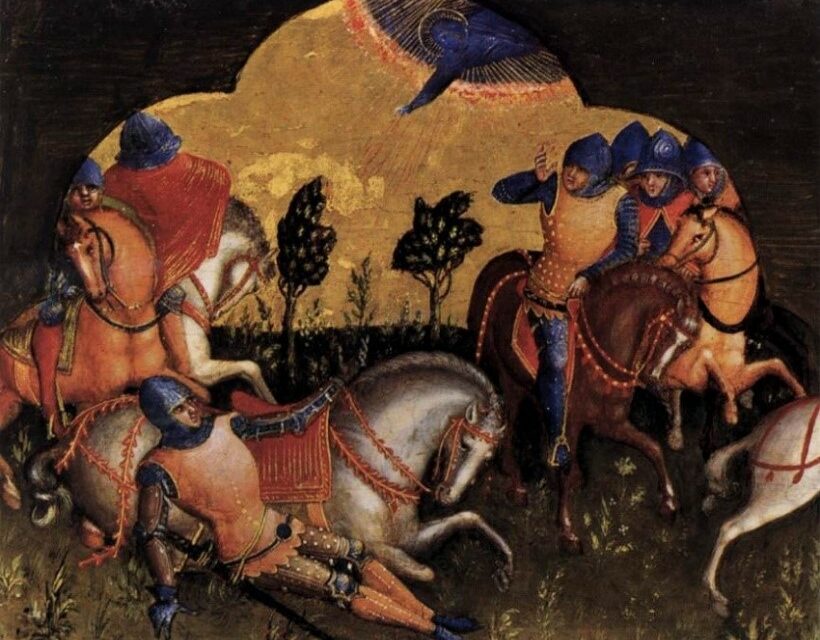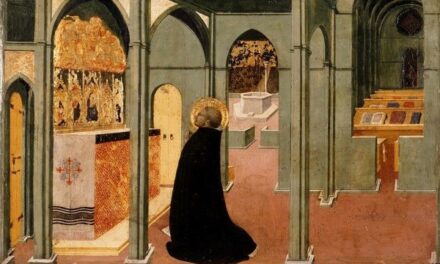Nowadays, you rarely hear this word: turn of the stake. Even today, it is typical for many people, as it is not uncommon for someone to give up his position, to suddenly change his previous behavior and opinion to the opposite, primarily due to his individual interests. But where does the often used word come from?
Today, January 25, we celebrate the conversion of Paul, the conversion of St. Paul the Apostle. The smallest among the apostles - this is how Paul writes about himself. He did not find himself worthy of the title of apostle, since he had previously played a leading role in the persecution of Christians. Paul, who was still called Saul at that time, "panting against the Lord's disciples" went to Damascus; on the way he was suddenly surrounded by a great brightness. He fell from his horse and heard a voice in his vision: "Saul, Saul, why are you persecuting me?" Then he asked, "Who are you, Lord?" He answered: "I am Jesus whom you are persecuting!" (cf. Acts 9:1–31) Under the influence of the experience, Paul converted and became a great proselyting apostle of Christianity.
Today's holiday commemorates this turning point. The new advocate of Christ gave his conversion momentum by changing his name. From then on, instead of the Jewish Saul, he used his Roman name, Paulus. The change of name has a symbolic meaning: the original Saul was the first king of the Jews with a muscular build, while the Latin paulus means: small. The short Paul, who as Saul was the biggest among the persecutors, said he was the smallest among the apostles.
He converted and became a member of the ancient church when it began to separate from the chosen people and began to missionize the pagan peoples of the empire. He became a theologian and champion of the Christian trend that became independent from the law.
As is known: Pál was born in Tarsus, located along the road connecting Syria and Asia Minor. His family belonged to the tribe of Benjamin and adhered to Jewish traditions. Paul consciously joined the strict trend of Judaism, Pharisaism, and adhered to it more fervently than many of his contemporaries. At the same time, he also spoke Greek well and was familiar with Hellenic culture and pagan cultures.
Along with his invitation, Paul realized that his task was to preach the gospel among the Gentiles. He walked this path with his characteristic radicalism. Jesus became better suited than any of his disciples to translate the Gospel into the languages of people with different understandings and education. He was a Jew to the Jews, a Greek to the Greeks. Everyone got everything. After his conversion, he immediately began the mission, first in the territory of Arabia, southeast of Damascus.
Source: Hungarian Courier












